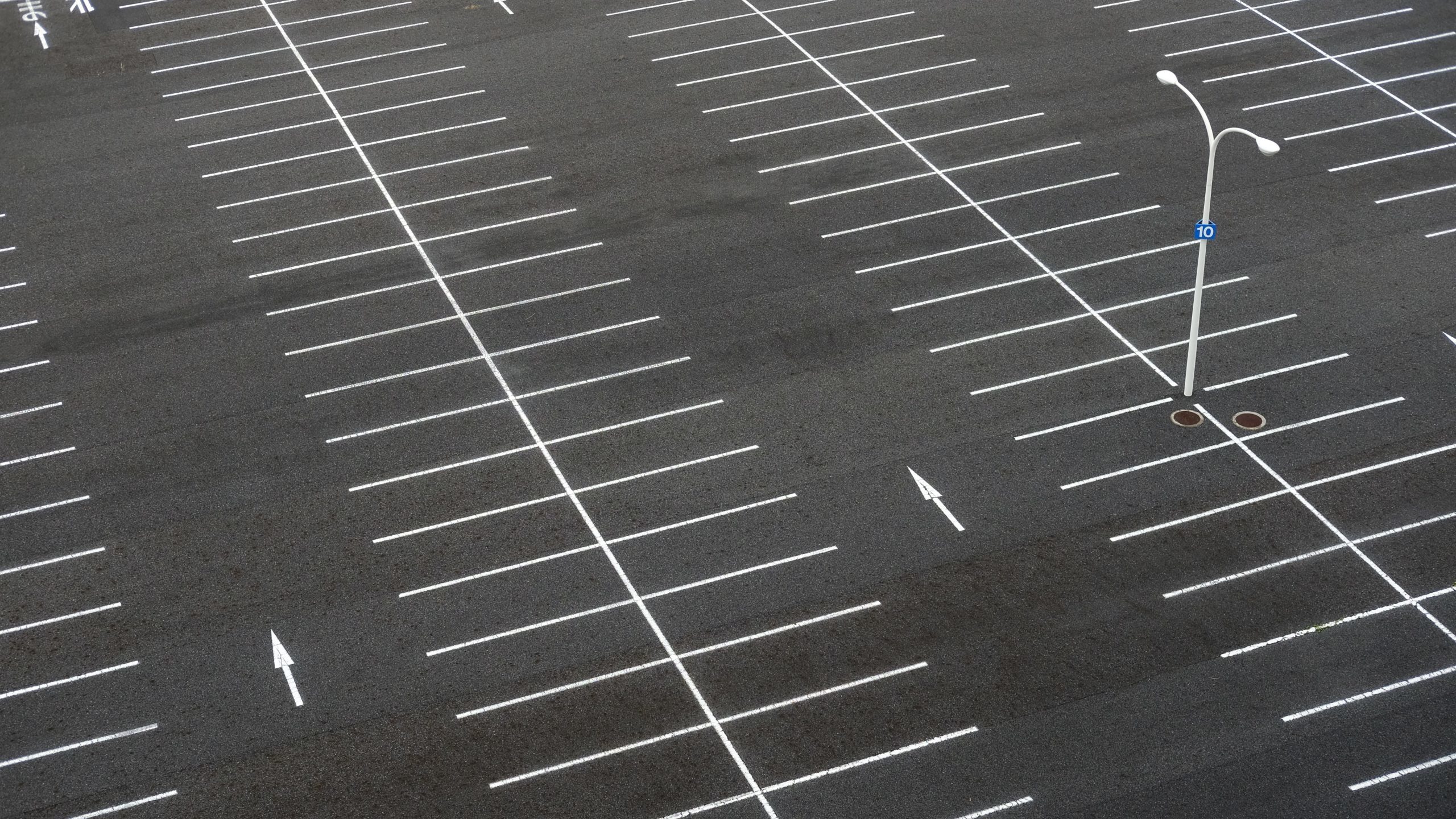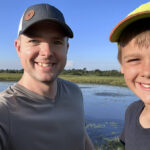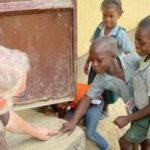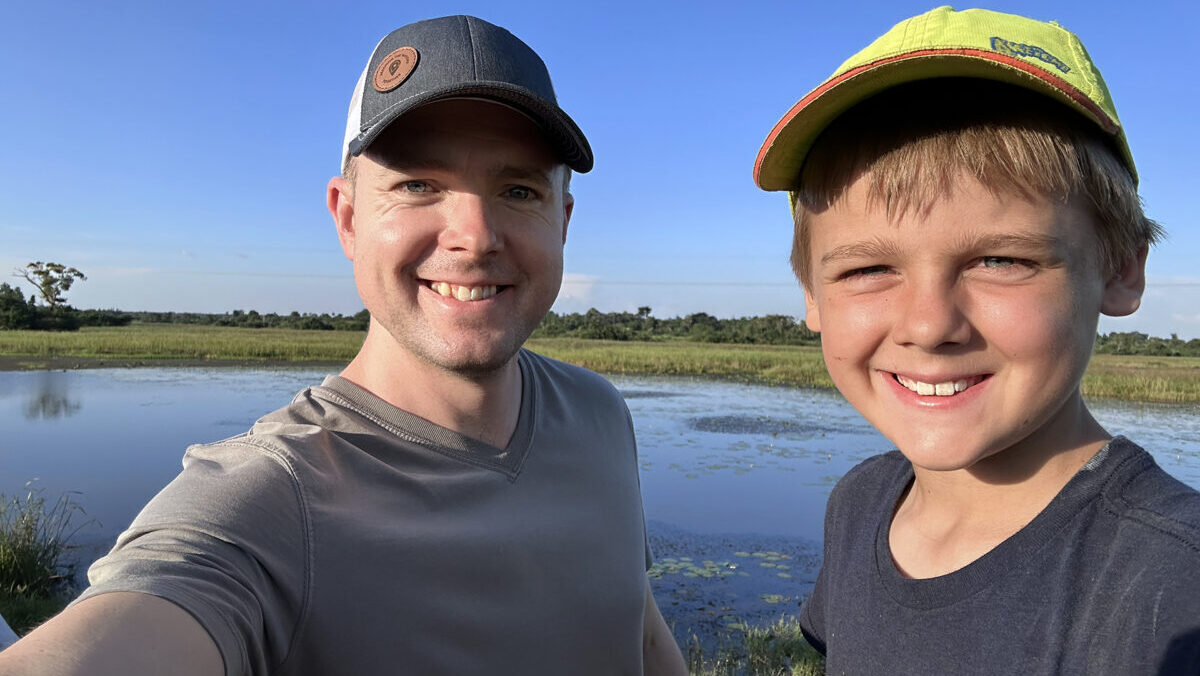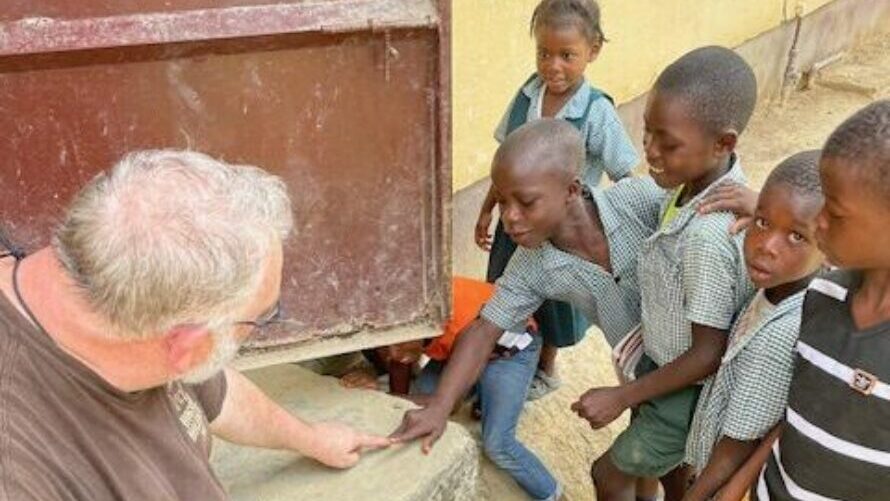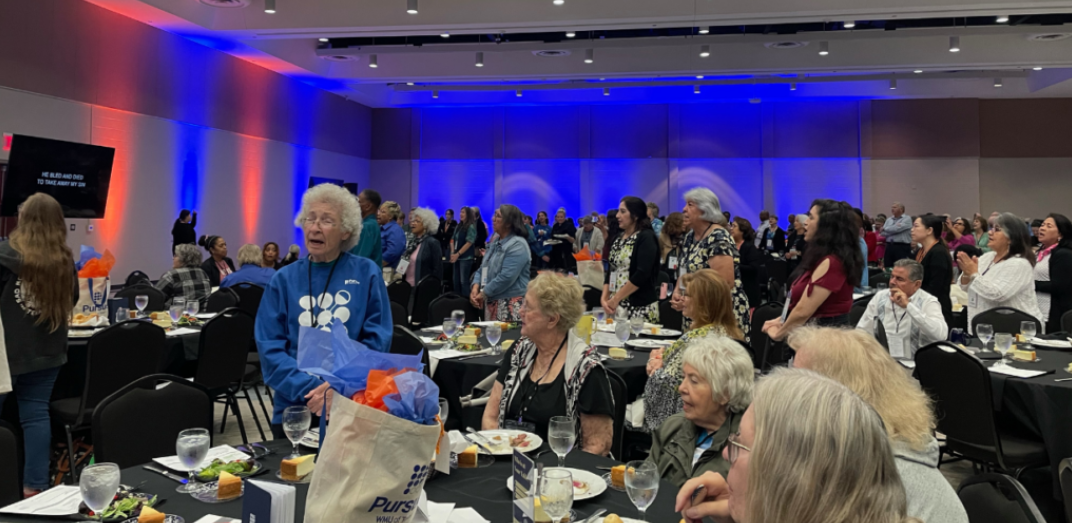Desperate economic times created dire conditions that forced staggering numbers of citizens to turn vehicles into temporary homes, but left many of them without safe places to sleep overnight. Members of South Hill Baptist Church in Puyallup, Washington, found a way to help those in need.
When Paul Anderson first arrived at South Hill Baptist as a member, he faced a crossroads in his own life. After 30 years as a contractor and business owner, the financial and economic collapse of 2008 hit him and his family hard. Anderson, with the support of his wife, Julie, made the decision to answer a call to ministry by first finishing his college degree and then seminary.
Now in his seventh year as pastor at South Hill, he leads the church to see where God is working and join it wholeheartedly. The first opportunity came with a visit to the neighboring elementary school, where members soon plugged in as reading tutors in the overpopulated classrooms and offered the church parking lot for staff and visitor usage.
Anderson also offered his services to read aloud to classrooms of kindergarten students and two teachers gladly took the offer for “Pastor Paul” to spend weekly time with their youngsters. That opened doors as Anderson eventually supplemented his income as a substitute teacher, but most important to him was the connections he made in the community.
“We started a weekend food backpack program for latch key kids and God allowed our small church to grow at a sustainable pace,” Anderson said. “He started bringing a team of strong people to help get an elder/leadership team in place. Church planting was a high priority for us even though we were barely living ourselves. But we realized we had assets to offer, which included a large facility and five acres of land, so we share our building with two other congregations.”
South Hill partnered with nearby High Pointe Community Church for a “freezing nights” ministry that allowed homeless to sleep in the church during inclement weather and get hot meals one night a week.
“God used building relationships with the homeless because of our consistency,” Anderson stated. “Many were high on drugs and only wanted food to go back and do their thing, but we ministered in spite of that.”
Shower and laundry additions
A member at High Pointe applied for a grant from a family foundation to build a shower unit the homeless people could use to clean up.
“We had so many empty classrooms because our church was much larger in the 90s, so we began using space for a food pantry and clothes closet for the elementary school and homeless guests,” he added.
The church identified two rooms to turn into shower facilities after the financial assistance was granted and made space for laundry facilities as well. When the pandemic hit the area, the freezing nights ministry halted immediately due to social distancing concerns, which created an impetus for people to sleep in their cars, according to Anderson. An existing program called Safe Parking Network soon presented itself, and Washington State doesn’t require a permit for open parking for cars of the homeless unless the local municipality prohibits it.
“We hosted a community Zoom meeting to notify our neighbors but no one joined us, which I believe is because we had been good neighbors through freezing nights,” Anderson said. “Any concerns church members had for security were addressed with parking lot security cameras, installed port-a-potties, doubled trash pickup and we received another grant for an outdoor hand washing station.”
One room in the church is now set aside for supervised family visits for those seeking reunification with their children. Anderson took his personal interest in the parking lot guests a step beyond the usual, inviting a couple who needed a permanent address for an upcoming organ transplant to use his own driveway for their RV while the transplant wait transpires.
About 40 people have used the church parking lot and several members have invested personally in their temporary neighbors’ lives. Currently, a dozen guests call South Hill their nightly home and lives are being changed.
“Two guests have asked to be baptized and three want to join the church,” Anderson noted. “We are seeing spiritual fruit through this ministry. I am concerned for the coming days, as I see a tsunami of homelessness once the moratorium on rent relief ends. God tenderized our hearts for homeless to give our services and we want to be a safe place and a legacy to embrace.”
‘I’ve been blessed’
Vicki, a current guest utilizing the parking lot, is a veteran with a bachelor degree from Evergreen College and hopes to get to Eastern Washington as circumstances allow.
“They’ve been kind to me and I’ve been blessed,” Vicki said. “There are multiple factors that led to the loss of my job and health issues, so I ran out of money. I have always been extremely independent and don’t want to need anyone. They opened the building for us when it’s hot and I’ve never been in a church this thoughtful. We try to help each other here, too.”
Parking lot guests must submit a resident application that is organized by Safe Parking Network and includes vehicle, personal and contact information, employment status and applicants must sign a site rules agreement. A child verification and criminal background check are also mandatory and a good neighbor policy specifies regulations regarding personal space, visitors, trash disposal, weapons and more.
“Pastor Paul helps us as much as he can,” said Peteli Miutei, another parking lot guest. “The shower area is great and we feel safe with the security cameras. With help from other resources I am saving up to raise my credit score and get into a home. I wish more churches could do this and I believe God is working. I help Pastor Paul with the lawn and want to do my part to help the church, although they don’t ask anything of us. I have enjoyed going to Sunday services and listening to the pastor.”
Neighbors at the nearby elementary school have now joined in supporting the homeless ministry and held a campaign to donate 5,000 items including socks, hand warmers, hygiene items and boxes of food. Anderson encourages other church leaders to do a trial run parking lot ministry for a month and take to heart the question — “Who is my neighbor?”
“When you don’t have support the drug community will adopt you any day,” Anderson suggested. “Everyone has a different life story and this is low hanging fruit for those who just have a car. You have to trust people to do ministry although it doesn’t come without issues, as we just recently had to ask a guest to leave for volatile behavior. The homeless ask, ‘Where is my family?’ and we are crossing boundaries to meet needs.”
EDITOR’S NOTE — This article was written by Sheila Allen and originally published by the Northwest Baptist Witness.

